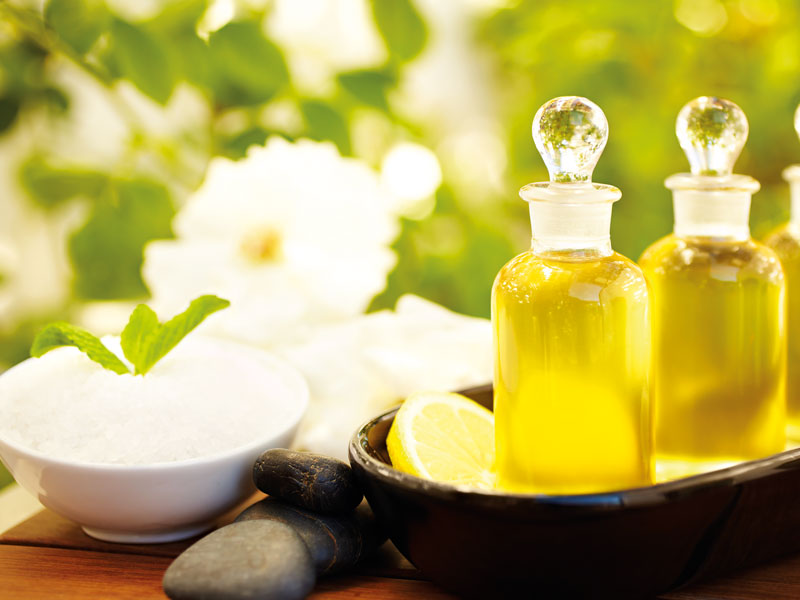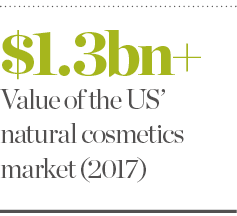
Until recently, consumers were in the dark about some of the chemicals present in the products they used daily and the dangerous impact they could have on their bodies. Formaldehyde and benzene, for example, are among a number of chemicals that have long been found in hair and beauty products despite being recognised as carcinogens. Unfortunately, it’s taken some time for these health risks to become public knowledge. This is partly due to poor regulation in the cosmetics industry – in the US, self-regulation has been the norm for more than a century.
People deserve to be able to make informed decisions about the beauty brands they buy
We founded Think Dirty, a mobile app that helps customers make healthier decisions when selecting cosmetic and personal care products, because we were appalled by the lack of information regarding what’s safe and what isn’t. People deserve to be able to make informed decisions about the beauty brands they buy.
Now, as the potential dangers of some beauty and skincare ingredients become more widely known, a snowball effect has taken hold within the beauty industry. We’re seeing more companies removing harmful ingredients from their products, and there’s a clear business case for doing so: according to Nielsen’s 2018 The Future of Beauty report, ‘natural’ cosmetics generated over $1.3bn (€1.18bn) in sales in the US in 2017.
Empowering consumers
With the help of technology and social media, researching products has never been easier. Our app, Think Dirty, is a perfect example of this: we help consumers find out exactly what’s in their beauty products and whether it poses a health risk to them.
As consumers get savvier, technology gets smarter and the science behind formulating clean beauty becomes more advanced, we’re going to see consumers becoming more connected and empowered. Put simply, people will be much more vigilant about whether harmful ingredients are still being used in their products.

Some retailers have adapted well to this huge shift in the market. Take Sephora, for example: the French beauty retailer launched its Clean at Sephora badge last year, which encourages brands to forgo potentially damaging chemicals. Many brands have also adapted to this shift, reformulating their products to cut out toxic ingredients. This trend is well established in Europe, with our partner Tropic Skincare acting as a leader in this space.
Redefining standards
A greater demand for clean, natural products isn’t the only thing that’s changing in the industry. For decades, the beauty sector has ignored diversity and perpetuated a narrow, Eurocentric vision of beauty. Women’s magazines have played a key role in reinforcing these stereotypes. Finally, however, we’re seeing a shift in beauty standards – one that moves away from the superficial and arbitrary ideals defined by the media and towards empowerment.
The beauty industry is starting to embrace inclusion and diversity. In addition to giving a greater platform to different body types and ethnicities, we’re increasingly seeing the industry break away from the heteronormative narrative and give more of a spotlight to the LGBTQ community. For example, Megan Rapinoe, a co-captain of the US women’s national football team, became the first openly gay woman to pose for Sports Illustrated and recently featured on the cover of its non-swimsuit issue. This is a big step forward for the beauty industry as a whole.
Changing the face of beauty
We still have a long way to go in terms of redefining standards so that everyone can feel beautiful, no matter what they look like. But the industry is going through changes and becoming more inclusive of people of all ages, ethnicities, shapes and sizes. I’m also hopeful that the demand for natural products will continue to grow until there are no ingredients used in the beauty industry that could potentially cause harm.
In my mind, the future of the beauty industry is inclusive, diverse and non-toxic. It celebrates people being healthy, confident and loving who they already are, instead of telling them they need to change or ‘fix’ themselves. Everybody should be able to express themselves in a self-affirming and empowering way, confident that their best-loved products are safe to use.

